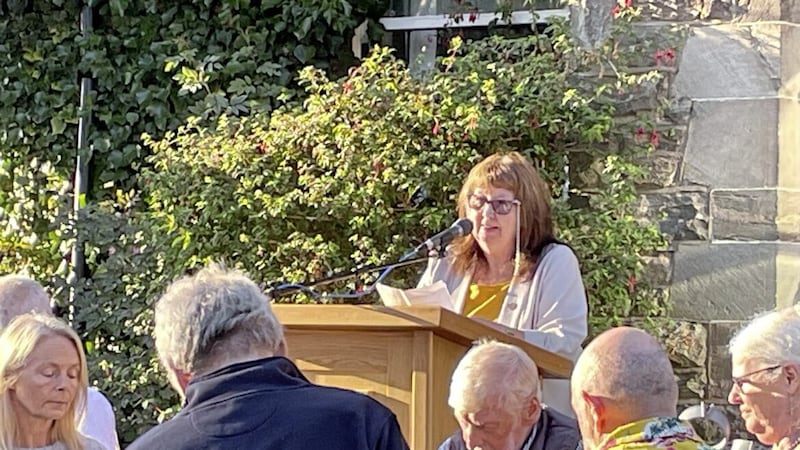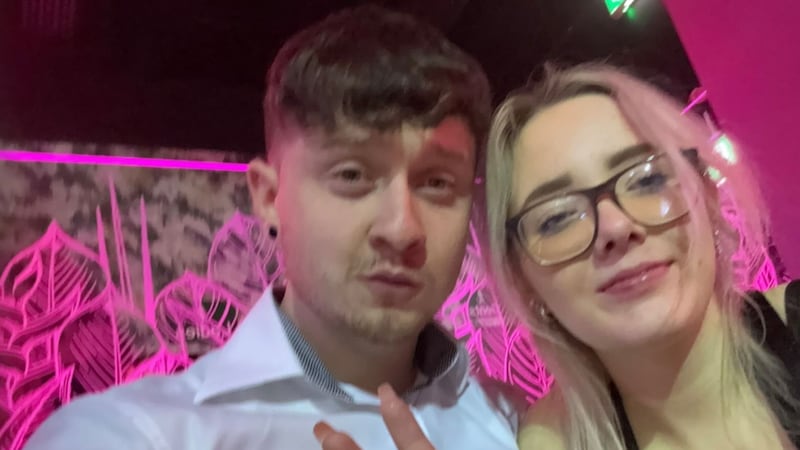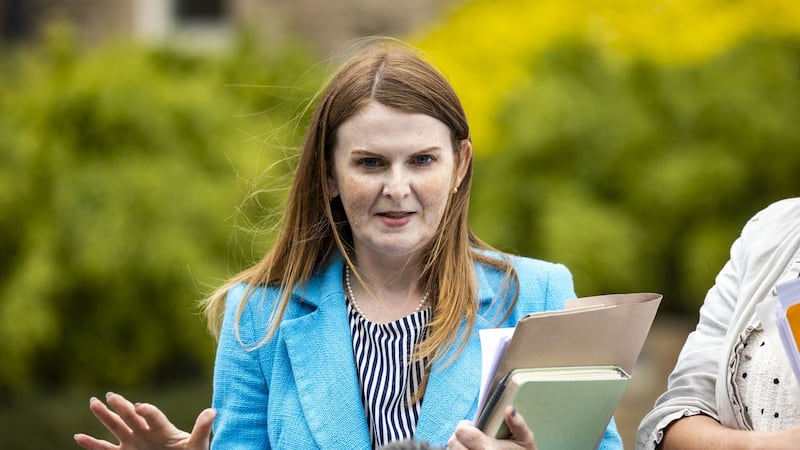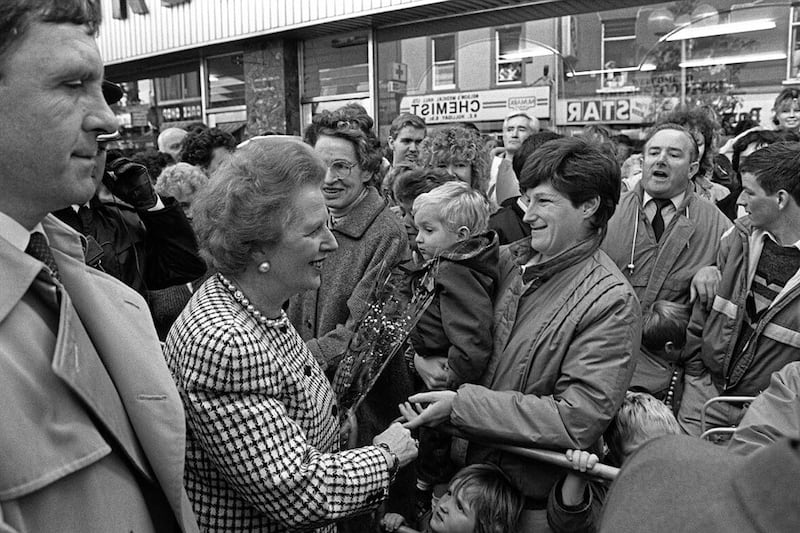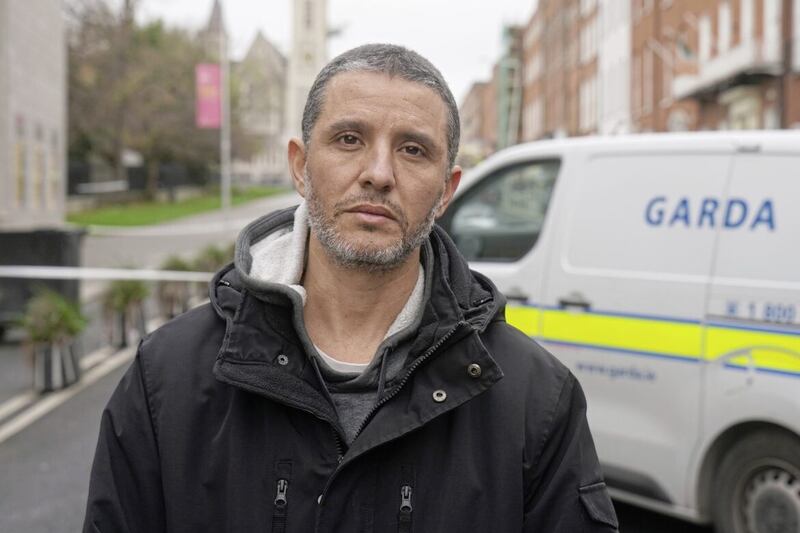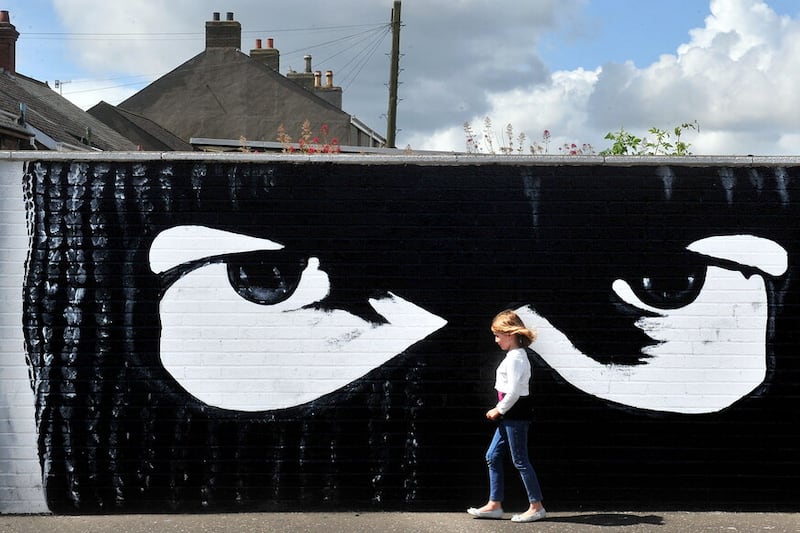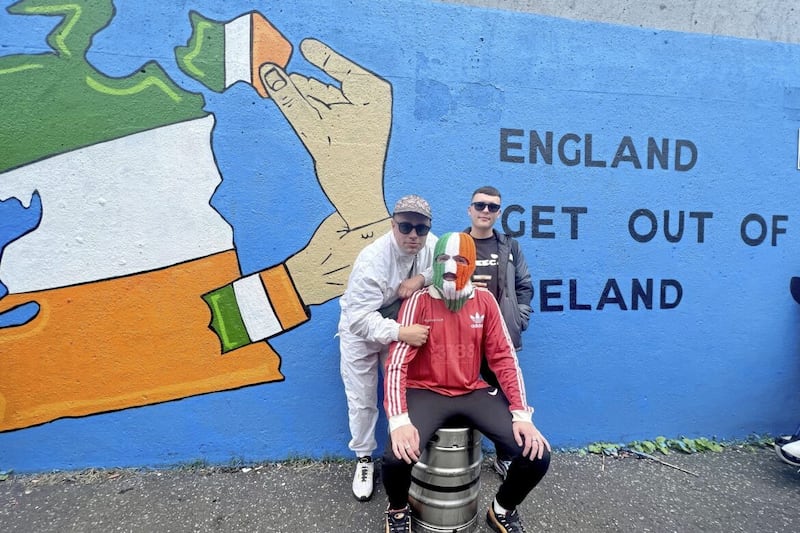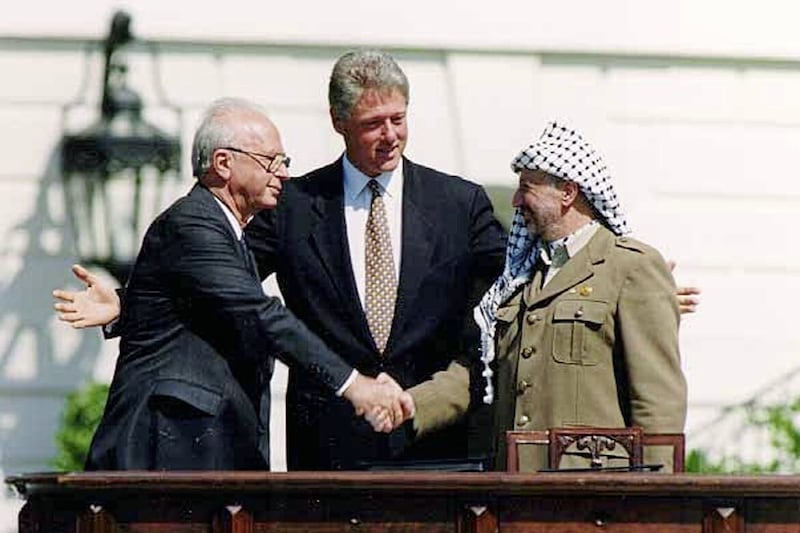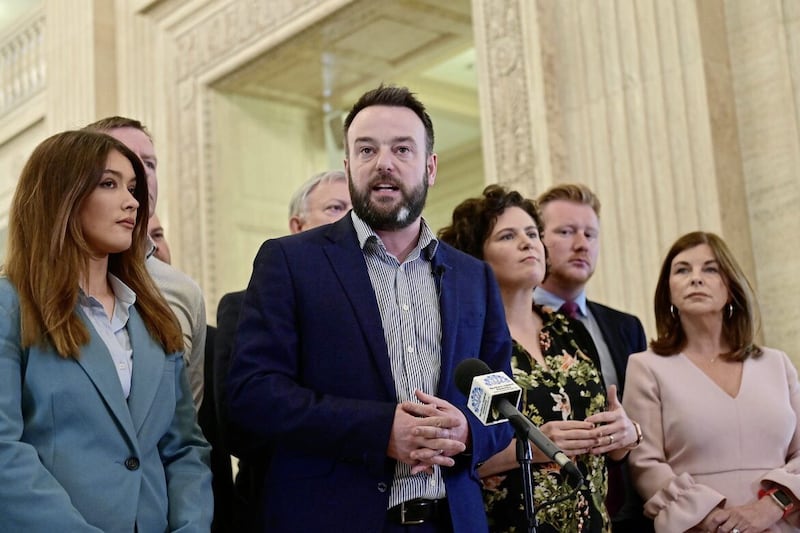Tommy Sands, the international folk singer, penned a haunting song called There Were Roses. I never tire of it. The lyrics are imprinted on my brain.
There's one particular line which chimes with me: "And the tears of a people ran together." In mourning there are no Protestant or Catholic tears.
The ballad is about two friends from opposite sides of the community killed by rival paramilitaries. One senseless murder followed by an even more pointless retaliation. This is the real brutal narrative of the misnomered Northern Ireland Troubles.
Killers are not heroes. No balaclava or beret ever justified unlawful murder.
And to be clear – those who bore the brunt of the Troubles weren't the protagonists but the unaligned general public. There was no conflict here whereby the casualties tallied up each day were of equal numbers of combatants. The greater number of deaths and injured always fell on the backs of civilians.
Twisted paramilitaries of every hue, evil securocrats who colluded and sanctioned murder, bigoted police officers and rogue soldiers all waged their wars against the ordinary people.
If the victims of the Titanic can have a memorial in the centre of Belfast, why not the victims and survivors of Northern Ireland's conflict? They deserve better than to be swept under the carpet by competing and false republican and loyalist narratives which ignores them whilst glorifying their own.
Those who killed unlawfully, whether in uniform or paramilitary garb, often don't deserve homage. In fact, their best remembrance should have been marked before a court. It's victims who deserve remembrance – not those who created the victims. That applies as much to the British forces who acted illegally as it does to paramilitaries.
If there are to be remembrances of combatants let them be circumspect towards casualties too. The recent conflict is not something historical – it is living memory and there are those still bearing the consequences and scars residing within our community. Their pain is palpable.
Every death is a loss to someone and everyone has to right to remember – but some consideration must be given as to how official remembering occurs. Commemorations aren't the occasion to split open barely healed wounds. Tone and words do matter.
And whilst we are in full throttle, let's nail the other emerging lie. The UVF and UDA are terrorist organisations. They weren't created to counter IRA terrorism. They were proactive and determined cold blooded sectarian killers. No amount of spin can whitewash their barbarous and violent activities.
It's well documented that during the recent conflict, loyalist paramilitaries were active long before the IRA but let's not dive into a sewerage swimming competition arguing degrees of murderous capabilities between two sets of combatants.
It's too easy these days to attempt a bit of far-fetched and indeed stretched revisionism by attempting to draw parallels between different types of historical conflicts and different kinds of combatants. The historical perspectives don't wear well.
Similarly, those who argue we all carry equal culpability for the past are either deluded or in denial. There were many voices of reason throughout the Troubles who were listened to including John Hume, Oliver Napier, Bob Cooper, Bríd Rodgers, Bishop Eddie Daly and Monsignor Raymond Murray.
Portraying Northern Ireland simplistically as two tribes at war doesn't do justice to the hundreds of thousands who consciously had no part in violence, actively or covertly.
If there were heroes of the Troubles, they were the ambulance drivers, paramedics, firefighters, nurses, doctors, surgeons, shopkeepers, emergency workers and the ordinary people going about their ordinary lives, working at their jobs alongside neighbours, keeping their children safe and homes secure.
One thing about our grisly past is very true and it's captured in the last line of There Were Roses: "Those who gave the orders are not the ones to die. It's Scott and young McDonald and the likes of you and I."

